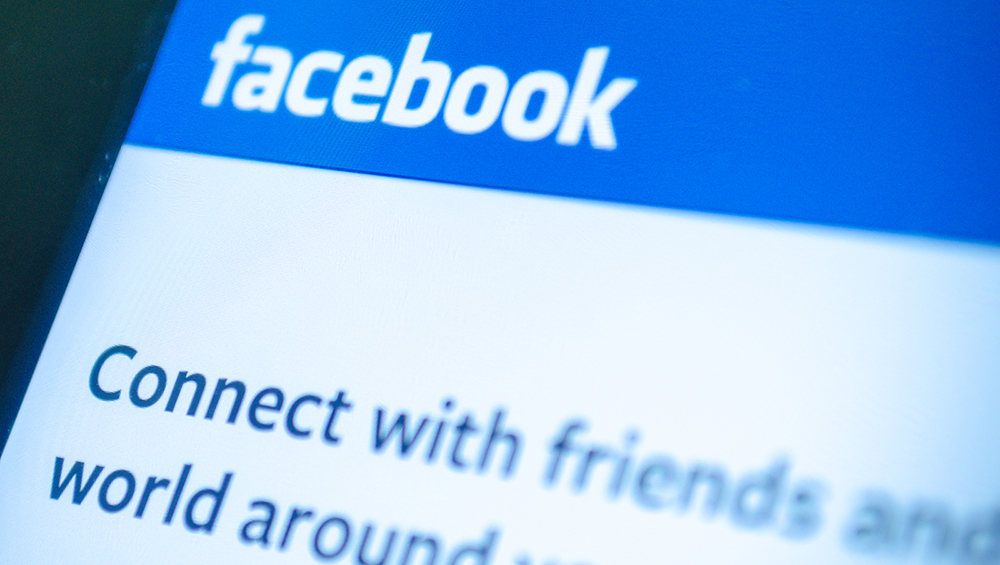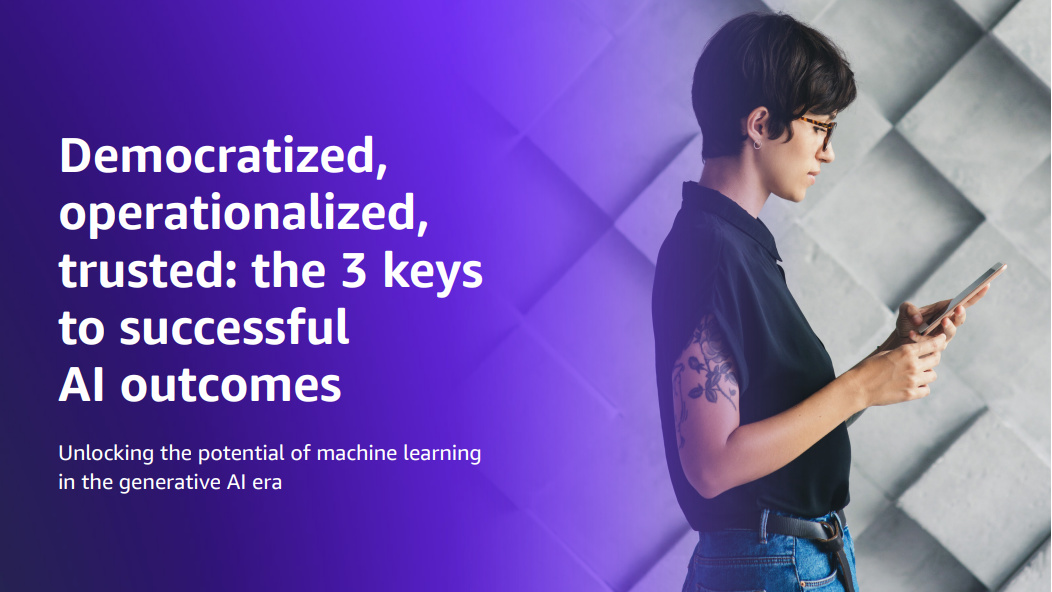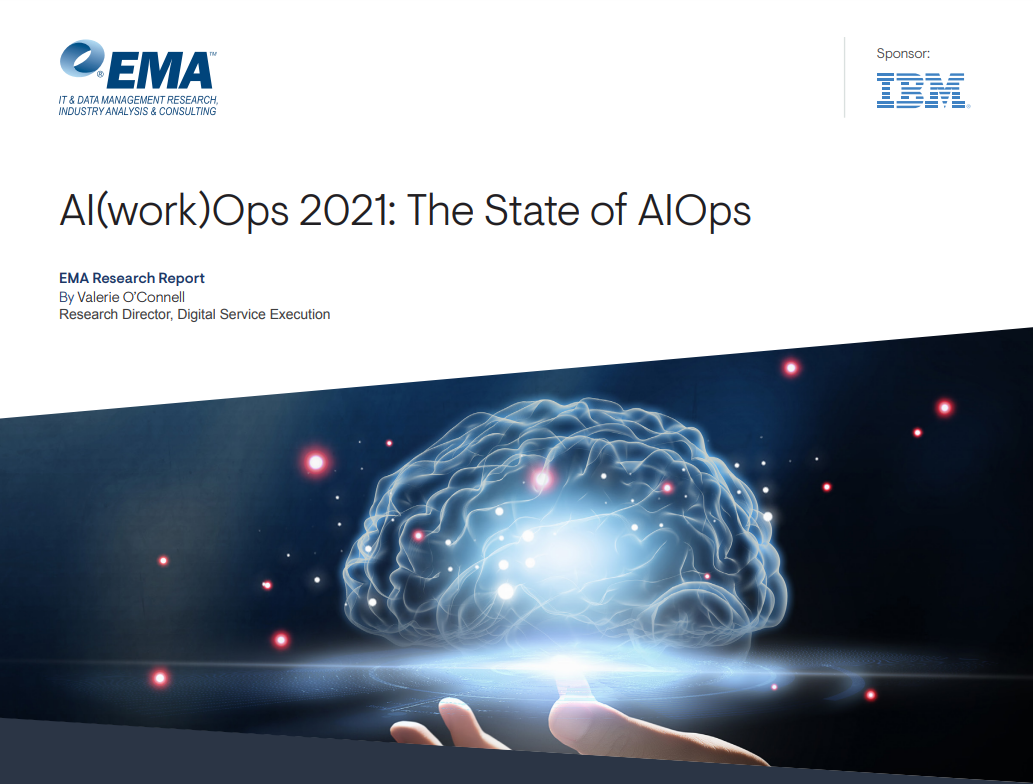
Sign up today and you will receive a free copy of our Future Focus 2025 report - the leading guidance on AI, cybersecurity and other IT challenges as per 700+ senior executives
You are now subscribed
Your newsletter sign-up was successful
Back in 2013, a story broke that suggested Facebook had investigated building some variant of an operating system. To allow a device to exist built from the ground up on Facebook's bespoke configurations, that'd in turn allow utter integration into pretty much anything said device was running.
It reportedly explored options that covered building an operating system itself entirely from the ground up, or putting its own spin on an Android build. The project didn't get too far down the line, but there was lateralism in its thinking that I'm surprised more firms haven't followed. Appreciating that many big web brands aggregate and shape other people's content rather than generating much of their own, there was still an opportunity there. And there arguably still is.
But, whereas large parts of the software industry have evolved and changed in the past decade, with fragmentation in office software, a migration towards cloud services and a press towards lighter tools, the actual foundations of many desktop and portable computers remains familiar. Familiar, and badged with a Microsoft logo.
Many times the demise of Windows has been foretold, for instance, but according to numbers from NetMarketShare for May 2017, when it comes to desktop operating system market share, Windows still holds 90% of the market. Windows 7 and 10 are leading the charge. Windows 8 and 8.1, Microsoft's last attempt at a notable left turn, are enjoyable negligible user numbers at best.
Chrome alone
But what's telling, perhaps, is how little penetration Google Chrome OS has. Its market penetration on desktop and laptop stands at under 1% worldwide (in spite of Google investing heavily in Chromebooks of late), and it's taken six years since its initial release to even get there. Granted, it's a just-under-1% slice of an enormous cake, but that's still below where Google would have wanted to be.
Yet even with the heft of one of the biggest tech brands in the world behind it, Chrome OS has struggled to change people's thinking, and not managed to lure them away from a primarily Windows world.
Sign up today and you will receive a free copy of our Future Focus 2025 report - the leading guidance on AI, cybersecurity and other IT challenges as per 700+ senior executives
There does some to be some acceptance that the status quo on desktop and laptops in particular will never change. But on mobile platforms, the story is wildly different. There, Android and iOS have long seized an initiative that Microsoft missed, and as platform use continues to evolve so the question of operating systems arises again.
Yet clearly, if Google can't change things, it's going to take something lateral to do so. That may finally present an opening for Facebook.
FacebookOS?
Facebook currently boasts just shy of two billion monthly active users across the world, has the third most visited webpage on the planet, and is still seeing sizeable traffic growth. Given that users tend to engage with Facebook for a much longer time than any other social networking service too, it's already a brand that is familiar to large swathes of the world's population. Furthermore, the majority of us seem to look at one of its pages at least once a day.
Dig deeper, and what Facebook also serves as is a platform for lots of other things (albeit not things that people tend to. Games, apps, messaging, picture sharing, video and such like are routinely handled through the Facebook service, and the service is savvy at giving users reasons to hang around. There's, for all the bad press that Facebook sometimes attracts, a level of trust.
An operating system could, in turn, position Facebook even deeper into people's day to day tech life. In much the same way that Apple is a gatekeeper to the music industry, and Amazon tends to be for online shopping, Facebook could be an easy umbrella for the core functions the vast majority expect from their technology.
Burned
Facebook was clearly tempted, but in the process, it had its fingers burned. Going back to 2013, it unveiled Facebook Home for Android devices phones primarily - designed as a launcher that overhauled lock screens, menus and panels to give them a Facebook flavour. It wasn't an operating system of its own per se Android was underneath but it gave the visual impression of one to more casual users. Details of contacts took precedence over apps, and alerts from them were promoted too, amidst the many available options.
The problem was it never caught on. Initial customer feedback was negative (and some of it outright hostile), and plans to expand Facebook Home to a wide range of devices fizzled out. Instead, whilst no announcement of its retirement was made, updates to Facebook Home stopped some six months after its release, and it's since been quietly removed from the Google Play store too.
Since then, there's been little sign that Facebook is willing to give it another go, but there does to be an opportunity for someone here. For an operating system driven as much by a tailored bunch of applications in the consumer space, and more significantly, the actions of those apps. To adopt the Facebook way of presenting information hopefully with fewer ads and the familiarity of its interface to let users get directly to what they want, rather than isolating which apps they need to run it all. The logical approach would be some kind of Android fork, that in Facebook's case would allow it to cement its mobile proposition.
Unfortunately, it's a risk. As sizeable as the OS market it every device needs one it requires a level of disruption not seen in the sector for a long, long time. But because of that, it's not a Google, Microsoft, Apple or film of that ilk that can manage it. The very nature of disruption is you rarely see it coming. The FacebookOS might just Facebook Home accepted fall into that category
ITPro is a global business technology website providing the latest news, analysis, and business insight for IT decision-makers. Whether it's cyber security, cloud computing, IT infrastructure, or business strategy, we aim to equip leaders with the data they need to make informed IT investments.
For regular updates delivered to your inbox and social feeds, be sure to sign up to our daily newsletter and follow on us LinkedIn and Twitter.
-
 Google just added a new automated code review feature to Gemini CLI
Google just added a new automated code review feature to Gemini CLINews A new feature in the Gemini CLI extension looks to improve code quality through verification
-
 Ransomware protection for all: How consumption-based subscription models can lower the entry point for cyber resilience
Ransomware protection for all: How consumption-based subscription models can lower the entry point for cyber resilienceIndustry Insights Consumption-based immutable backup makes enterprise-grade ransomware resilience affordable to all
-
 The three keys to successful AI and ML outcomes
The three keys to successful AI and ML outcomesWhitepaper Unlocking the potential of machine learning in the generative AI era
-
 Operational efficiency and customer experience: Insights and intelligence for your IT strategy
Operational efficiency and customer experience: Insights and intelligence for your IT strategyWhitepaper Insights from IT leaders on processes and technology, with a focus on customer experience, operational efficiency, and digital transformation
-
 Meta to pay $725 million in Cambridge Analytica lawsuit settlement
Meta to pay $725 million in Cambridge Analytica lawsuit settlementNews The settlement closes the long-running lawsuit into how Facebook's owner, Meta, handled the Cambridge Analytica scandal
-
 Meta's earnings are 'cause for concern' and 2023 looks even bleaker
Meta's earnings are 'cause for concern' and 2023 looks even bleakerAnalysis Calls for investor faith in metaverse tech only emphasise the worries that its investment strategy won't pay off
-
 EMA: The state of AIOps
EMA: The state of AIOpsWhitepaper The benefits of driving adoption of AIOps
-
 Microsoft and Meta announce integration deal between Teams and Workplace
Microsoft and Meta announce integration deal between Teams and WorkplaceNews Features from both business collaboration platforms will be available to users without having to switch apps
-
 Facebook is shutting down its controversial facial recognition system
Facebook is shutting down its controversial facial recognition systemNews The move will see more than a billion facial templates removed from Facebook's records amid a push for more private applications of the technology
-
 'Changing name to Meat': Industry reacts to Facebook's Meta rebrand
'Changing name to Meat': Industry reacts to Facebook's Meta rebrandNews The rebrand attempts to provide a clearer distinction between Facebook and its umbrella company

